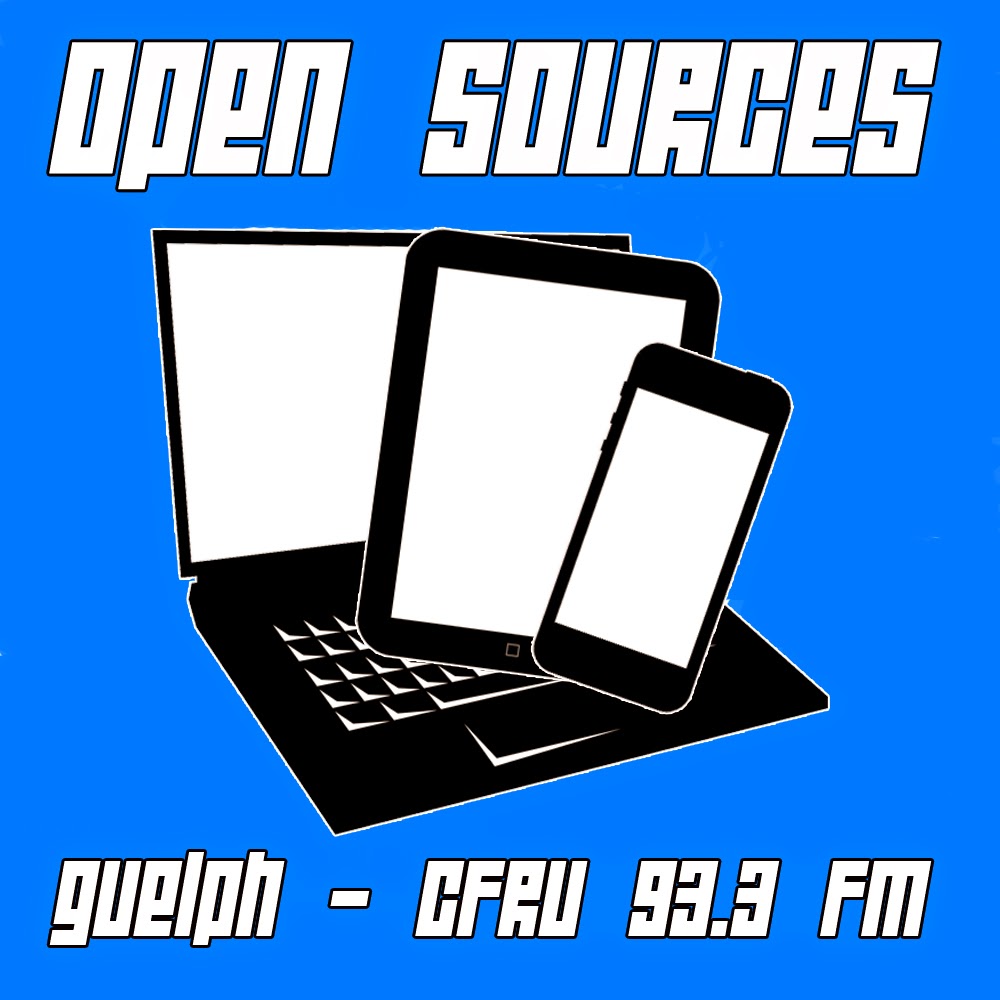 One would think with the hit to Rob Ford's numbers as of late that Tim Hudak wouldn't be as eager to crib from him, but he does. And he did.
One would think with the hit to Rob Ford's numbers as of late that Tim Hudak wouldn't be as eager to crib from him, but he does. And he did.
While in Dundas today, Hudak said he wants to end Dalton McGuinty's "War on the Car," and to prove his dedication he's going to open a new front by pushing for the construction of a new highway between Hamilton and Niagara to supplement the QEW. The Liberal government shelved the plan since studies showed that a new highway won't be necessary for another 20 years. At least.
"A good highway route like that would not only create jobs in building
it, but most importantly will attract new businesses to our area and
help to break the gridlock, because families are spending far too much
time stuck in their cars and not home with the kids," Hudak told supporters today.
On the other hand area residents begged to differ. "At this point we need our food supply. We don't need this highway,"
said Susan McMaster, co-chair of the group Citizens Opposed to Paving the Escarpment. McMaster tried to meet up with Hudak as he visited businesses in Dundas, but came up empty handed. "We're talking about some of the
last viable farmland in the area and they want to pave right through
it."
"There's some people who don't want to build highways in our province. I do," Hudak said rather nonchalantly later.
Hudak's instance that he will build a highway because he wants it, regardless of how local resident's feel is as reckless and counter-intuitive as the "anti-car" measures he and others on the right claim to despise: Using traffic congestion as a form of control to get more people out of their cars and on to buses and trains, or charging a $60 Personal Vehicle Tax (AKA: The CAR TAX!!! - said with vitriol and bitterness through gritted teeth), to help cover the cost of infrastructure to support so many people driving cars. One way creates less pollution, less congestion and a more community-minded commuting system, the other create more roads, more pollution and yes, eventually more congestion.
You make it more appealing for people to dive and they will drive. The convenience of your own personal automobile is always going to be more appealing that going from point to point to point in order to get to your destination. Short-term relief of congestion will be exchanged in 20 or 30 years with a growing population in this area, for having more people on the road, which will just mean two congested highways rather than one.
The other exception I have is Hudak's quote that "families are spending far too much
time stuck in their cars and not home with the kids," but honestly, whose fault is that? We've created a complex society in southern Ontario where people want to work good-paying jobs in the city, but want the sprawl with big houses and big yards in suburbia. I know life in the city's expensive, which is why so many people work downtown and live in the 'burbs, but generally those that can't afford to live in the city, can't afford the cost of a car either.
Our secret identity society, being one thing during the day and another at night, is slowly killing us, and I'm not just talking about the environment. "Bedroom communities" kill any actual sense of community, and if you're only invested in a place as somewhere to lay your head, than your not going to treat that community better than the average hotel room. Also, the sprawl spreads. People who were once satisfied to commute from Mississauga and Oakville, then moved out further to Brampton and Halton Hills, and are now laying claim to Milton and Guelph.
So Hudak, I'm sure that you are quite anxious to build highways, but I will respectfully agree to disagree. If people want to spent more time at home, then they should work closer to home, or home closer to work. Working to change the society outlook to make this idea more appealing, and trying to promote businesses to build in our communities will probably mean more in the end than another highway, anyway.

















No comments:
Post a Comment